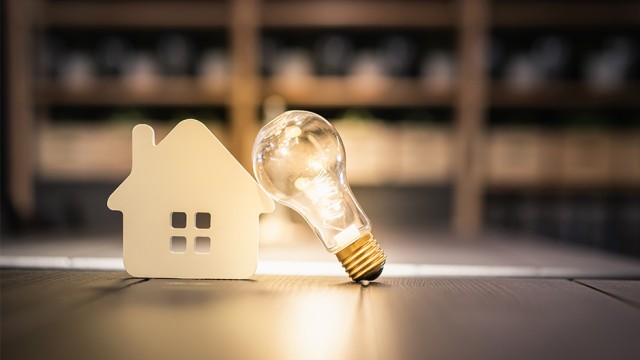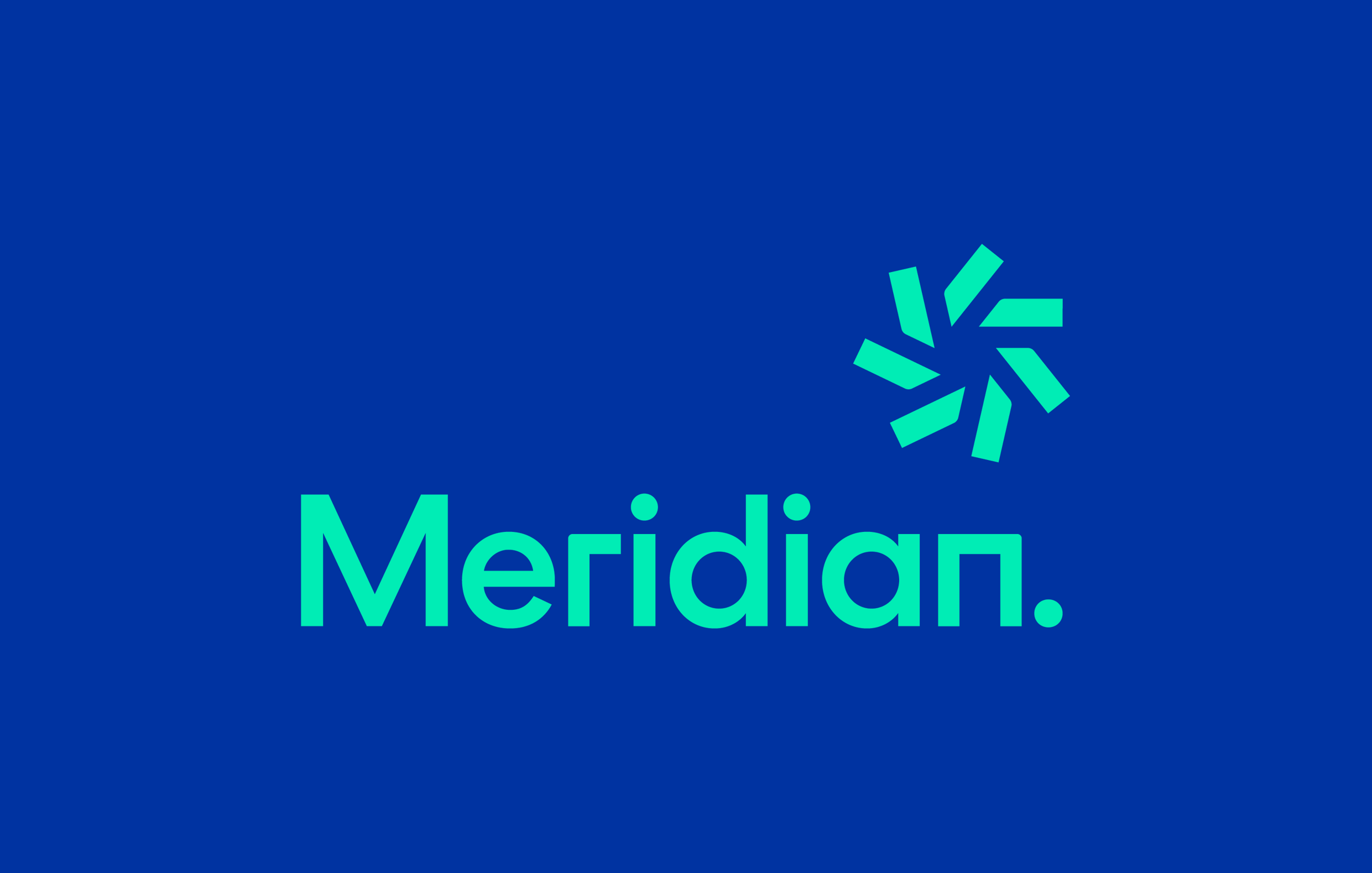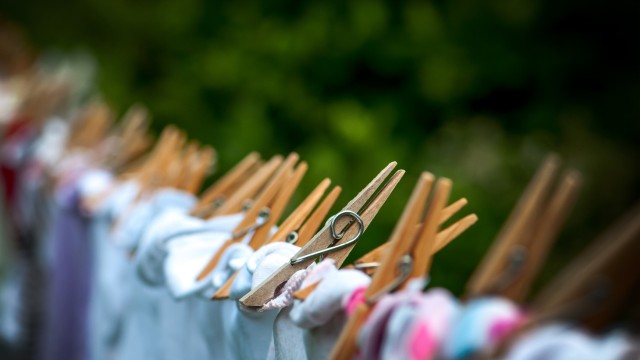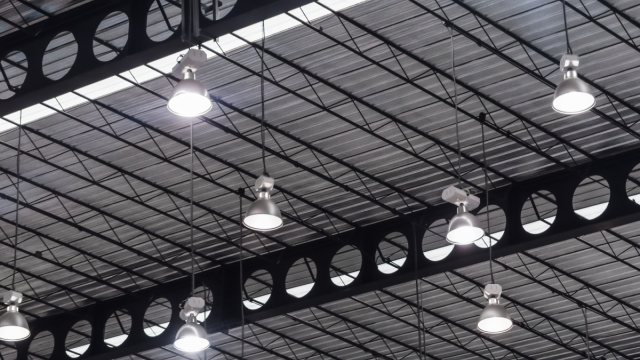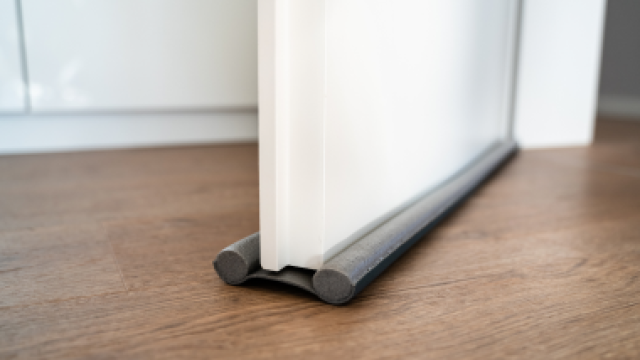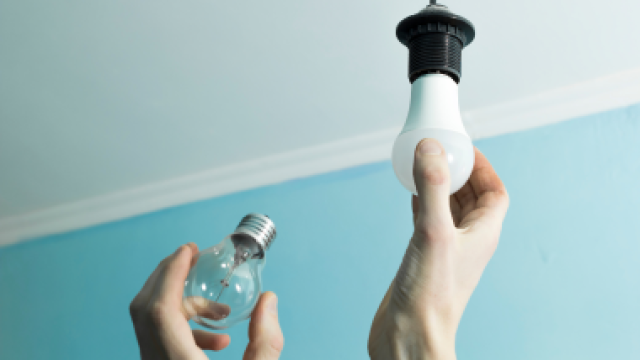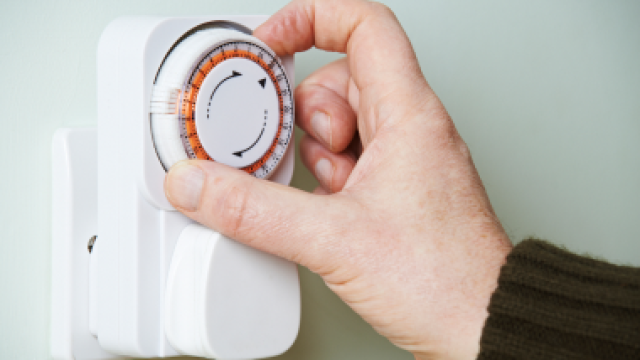Who’s involved in getting power to our homes and businesses?
Our power supply begins in nature. Across Aotearoa, electricity is primarily generated from lakes, rivers, geothermal activity and wind. The power that’s generated by the generation companies is handled by the wholesale market and sold to retailers.
Transpower is in charge of delivering electricity across the country via the national grid – although some bigger users connect direct to the grid. Lines companies then deliver that power to your homes and businesses.
Generation companies - create the energy
There are four major players generating electricity in Aotearoa New Zealand: Genesis, Mercury, Meridian Energy and Contact. With power stations operating in mostly remote locations in the North and South Islands, electricity generation can be described as the initial raw material before it’s sent to you via the national grid. People can check out some of the more than 200 generation sites as they travel along state highways across the country.
Power plants harness power through hydropower from dams, activity from geothermal fields and wind farm turbines on exposed hilltops – while some new small-scale generators are also recycling heat from industrial processes to generate power.
Lines companies - distribute the energy
As we go about our daily lives, we don’t think much about the lines companies that keep the power on. But when a tree takes out a pole in our street, it’s the first thing on our mind! New Zealand has 29 lines companies, employing more than 10,000 people, and ensuring that we have a safe and reliable power delivered to us.
The infrastructure needed to distribute generated power is a critical part of the process and lines companies are on the frontline for looking after the electricity networks.
Retailers - sell the energy to you
Our electricity retailers are who people deal with directly and build a relationship with for their power. As customers, we can choose from around 62 energy retailers throughout Aotearoa. Just like any shop you buy from, retailers set the price they charge you and compete with one another for your business. Who you choose might depend on your power usage and how the company’s plans meet your needs.
How the different parts work together
Some energy companies are involved in a few steps in the process – they generate power and they buy and then sell power as retailers to Kiwis Generation companies, lines companies and retailers all need to work together so each part of the process is successful – from the huge hydro dam all the way to your dishwasher. Kiwis rely on the different parts of the energy sector working efficiency, sustainability and safely, so they need to be on the same page to develop projects and address the growing demand for electricity.
What is a ‘gentailer’
The term ‘gentailer’ means a company that’s both a gentailer and a retailer. It’s when a large company - like Meridian - has both a generation and a retail business.. There are six companies operating this way in Aotearoa.
Retailers offer Kiwis different choices to suit their needs
For a population of more than five million, New Zealanders are spoilt for choice when picking an electricity retailer that’s right for them. We might be a small country, but we’re geographically and socially diverse, so it’s important that power companies offer plans that suit a wide range of people.
A dairy farmer in the Waikato has very different power needs than a young professional living in a Christchurch CBD apartment. Knowing how you use your power and what your needs are will help you choose the right power company.
Speed to service - lines companies and quick response times
The research on lines company trends makes for interesting reading. Response times vary, as does the speed that people can expect a power fault to be dealt with and/or electricity restored. There’s been lots of investment in recent years to make the system more efficient, maintain existing assets and improve response times so that people can get on with their lives faster.
Most electricity outages are planned, so people know when they’re coming. However, sometimes outages aren’t planned and the impact of recent weather events has meant more time is needed to restore the lines. Companies have put this down to things like health and safety considerations, where minimising risk to staff and the public is the key concern.
Generation in Aotearoa - the mission towards 100% renewable energy
Aotearoa punches above its weight globally with its strategies for a sustainable future. Meridian is a key leader for change with 100% of our generated electricity coming from renewable sources – wind, water and sun. We’re proud to generate around a third of the country’s total energy supply and we’re committed to doing the right thing for people and the planet.
Learn more about Meridian’s efforts in generation
Discover our generation assets across the country and how they work here.
Buy your power with Meridian
Explore our various plans to suit your needs, including special offers for EV, Bach and solar.

